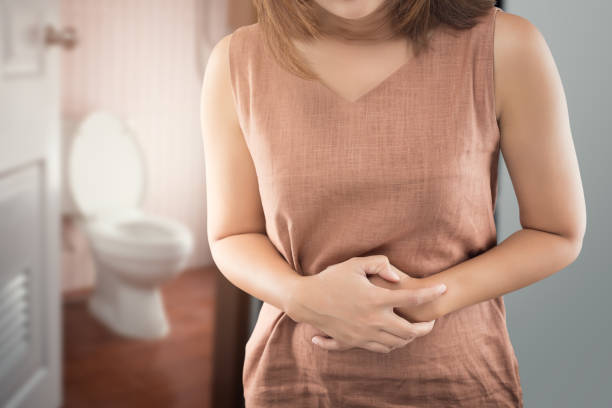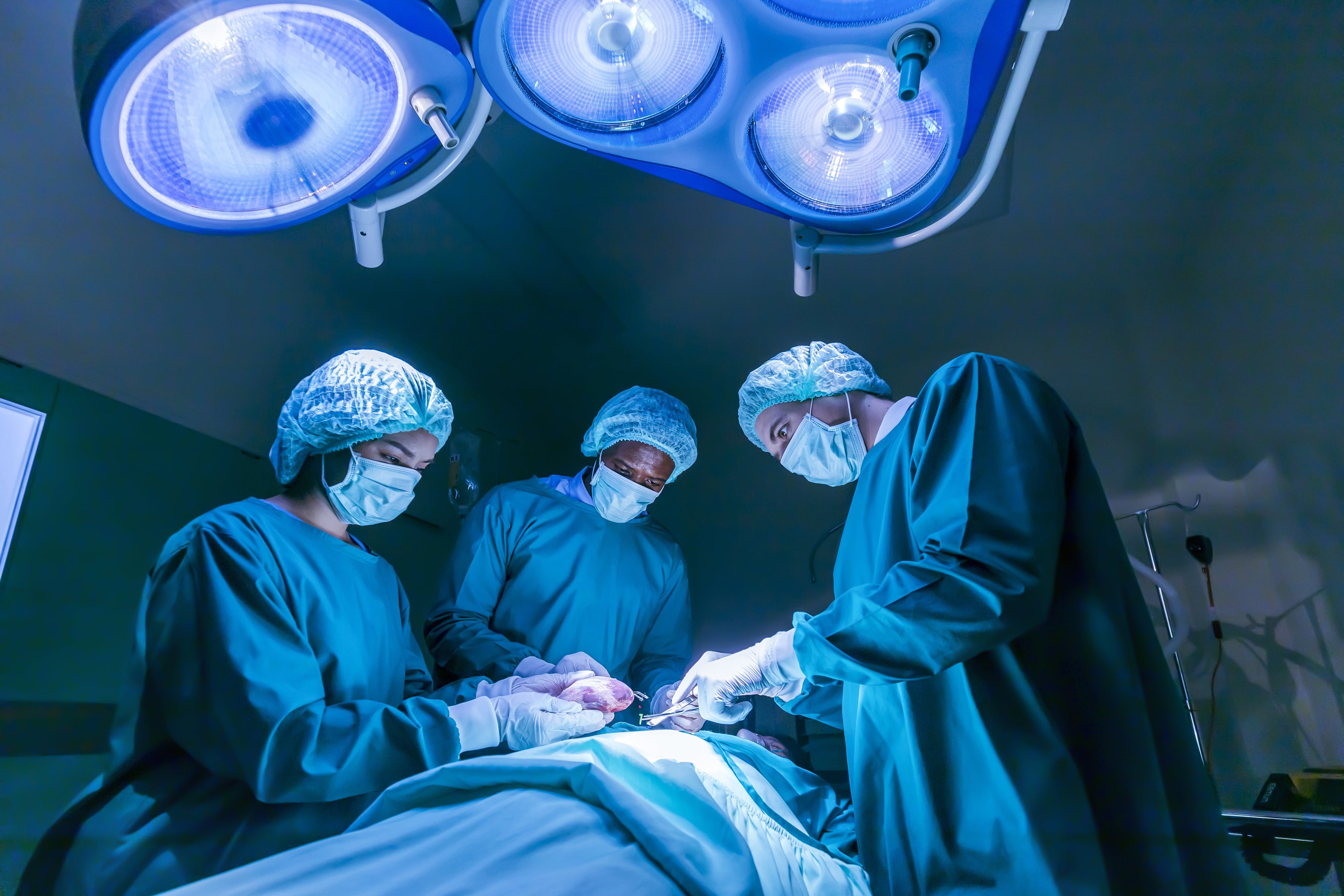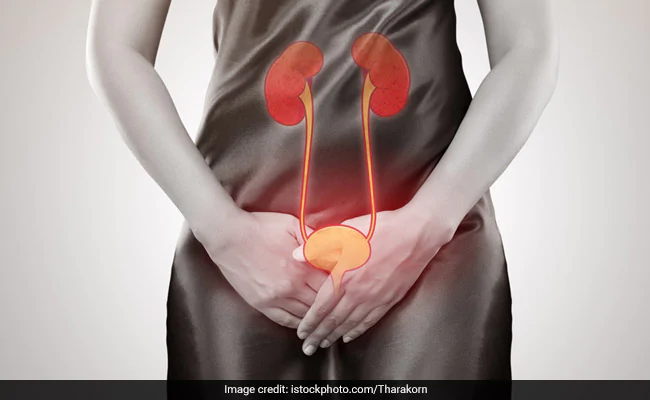- Our Doctors
- Our Specialities
Centres of Excellence
-
 Centre for Blood Diseases, BMT & Cancer Immunotherapy
Centre for Blood Diseases, BMT & Cancer Immunotherapy -
 Centre for Bone, Joint & Spine
Centre for Bone, Joint & Spine -
 Centre for Critical Care Medicine and ECMO Services
Centre for Critical Care Medicine and ECMO Services -
 Centre for Gastrosciences
Centre for Gastrosciences -
 Centre for Heart & Vascular Care
Centre for Heart & Vascular Care -
 Centre for Nephro-Urosciences
Centre for Nephro-Urosciences -
 Centre for Neurosciences
Centre for Neurosciences -
 Centre for Obstetrics and Gynaecology
Centre for Obstetrics and Gynaecology -
 Centre for Organ Transplantation
Centre for Organ Transplantation
Super Speciality
-
 Advanced Diagnostic and Interventional Radiology
Advanced Diagnostic and Interventional Radiology -
 Anesthesiology & Pain Management
Anesthesiology & Pain Management -
 Clinical Nutrition and Dietetics
Clinical Nutrition and Dietetics -
 Dental and Maxillofacial Surgery
Dental and Maxillofacial Surgery -
 Dermatology
Dermatology -
 Emergency and Trauma
Emergency and Trauma -
 Endocrinology and Metabolic Disease
Endocrinology and Metabolic Disease -
 ENT and Head & Neck Surgery
ENT and Head & Neck Surgery -
 Family Medicine
Family Medicine -
 General and Laparoscopic Surgery
General and Laparoscopic Surgery -
 General Medicine
General Medicine -
 GI Onco Surgery
GI Onco Surgery -
 GI Oncology
GI Oncology -
 GI Surgery, Advanced Laparoscopy and Gastro Oncosurgery
GI Surgery, Advanced Laparoscopy and Gastro Oncosurgery
-
- Key Procedures
- Our Hospitals
- International Patient
- Contact us
-
Quick Links
Blogs

Curing Constipation
Constipation is a condition where a person is unable to pass stools. Less than three bowel movements a week on a regular basis denotes chronic constipation. Other symptoms include straining to pass stools, incomplete evacuation of the stools, and lumpy or hard stools. A diet rich in fiber helps to add bulk to stools and eases constipation. Chronic constipation is often the root cause of other rectal problems.
Why Does Anyone Get Constipated?
There are plenty of causes for constipation and most of them are based on our diet and lifestyle habits. Dietary reasons such as eating less fiber in the diet, drinking less water, having more processed, packaged food in the diet, and excessive consumption of dairy and bakery items cause constipation. Other factors such as not exercising regularly, and delaying the impulse of bowel movement (Yes, it is common in today’s fast-paced lifestyle) may lead to chronic constipation. Pregnancy and certain medications also cause constipation, but that is temporary.
Chronic Constipation Is a Serious Condition!
If you experience more than 2 of the following symptoms, there is a chance you may have chronic constipation.
- Less than three bowel movements a week
- Hard and dry stool
- Incomplete evacuation of bowels
- Straining while defecating
- Feeling full even after passing stools
- Pain around the anus after defecation
Diagnosing Constipation
In healthcare practice, chronic constipation may lead to further anorectal problems if left untreated. So, to diagnose and treat accurately, certain tests are needed. These tests are only performed under a doctor’s supervision.
- Barium enema X-Ray - During a barium enema exam, an X-ray machine takes pictures of the colon while an enema tube inserted in the rectum delivers liquid barium
- Colonoscopy - It is a procedure in which a flexible fiber-optic instrument is inserted through the anus in order to examine the colon.
- Sigmoidoscopy - Sigmoidoscopy is the minimally invasive medical examination of the large intestine from the rectum through to the nearest part of the colon, the sigmoid colon.
- Colorectal transit study - It is a study to understand chronic constipation. In this process, the patient swallows capsules containing small markers which are visible on the X-ray. The patient follows a high-fiber diet during the course of the test, and the movement of the markers through the colon is monitored with abdominal X-rays taken several times three to seven days after the capsule is swallowed.
How Can I Treat My Chronic Constipation?
You can easily prevent your recent constipation symptoms from being chronic. It is best advised to visit a doctor for your health issues and consider over-the-counter medicines such as laxatives, stool softeners, fiber supplements, or certain prescription drugs as suggested by the healthcare practitioner. In severe cases, surgical intervention may also be required. Other treatment options include colon cleansing procedures such as enema and biofeedback therapy which help in improving the pelvic muscle tone.
Improve Diet and Lifestyle
Including high-fiber foods such as whole grains, fruits, and vegetables in the diet, or taking fiber supplements is beneficial. Drinking enough water to stay hydrated also helps in avoiding dry stools. Probiotics help in maintaining healthy gut flora. Regular exercise, especially Yoga is recommended for a normal movement of the GI tract to promote a natural peristaltic movement. This helps in exercising the pelvic muscles and improves their flexibility.
Latest Posts
-
 Awake Craniotomy Jul 12, 2022
Awake Craniotomy Jul 12, 2022 -
 Curing Constipation Jul 12, 2022
Curing Constipation Jul 12, 2022 -
 The ‘Gut Health’ Buzz Jul 12, 2022
The ‘Gut Health’ Buzz Jul 12, 2022 -
 Tips to Prevent UTI Jul 12, 2022
Tips to Prevent UTI Jul 12, 2022
Categories
- Clinical Nutrition and Dietetics
- Endocrinology and Metabolic Disease
- General and Laparoscopic Surgery
- General Medicine
- Physical Medicine and Rehabilitation
- Psychiatry
- Centre for Heart & Vascular Care
- Centre for Bone, Joint & Spine
- Centre for Neurosciences
- Centre for Gastrosciences
- Centre for Nephro-Urosciences
- Centre for Blood Diseases, BMT & Cancer Immunotherapy
- Centre for Obstetrics and Gynaecology

 +91 9393 108 108
+91 9393 108 108

















































